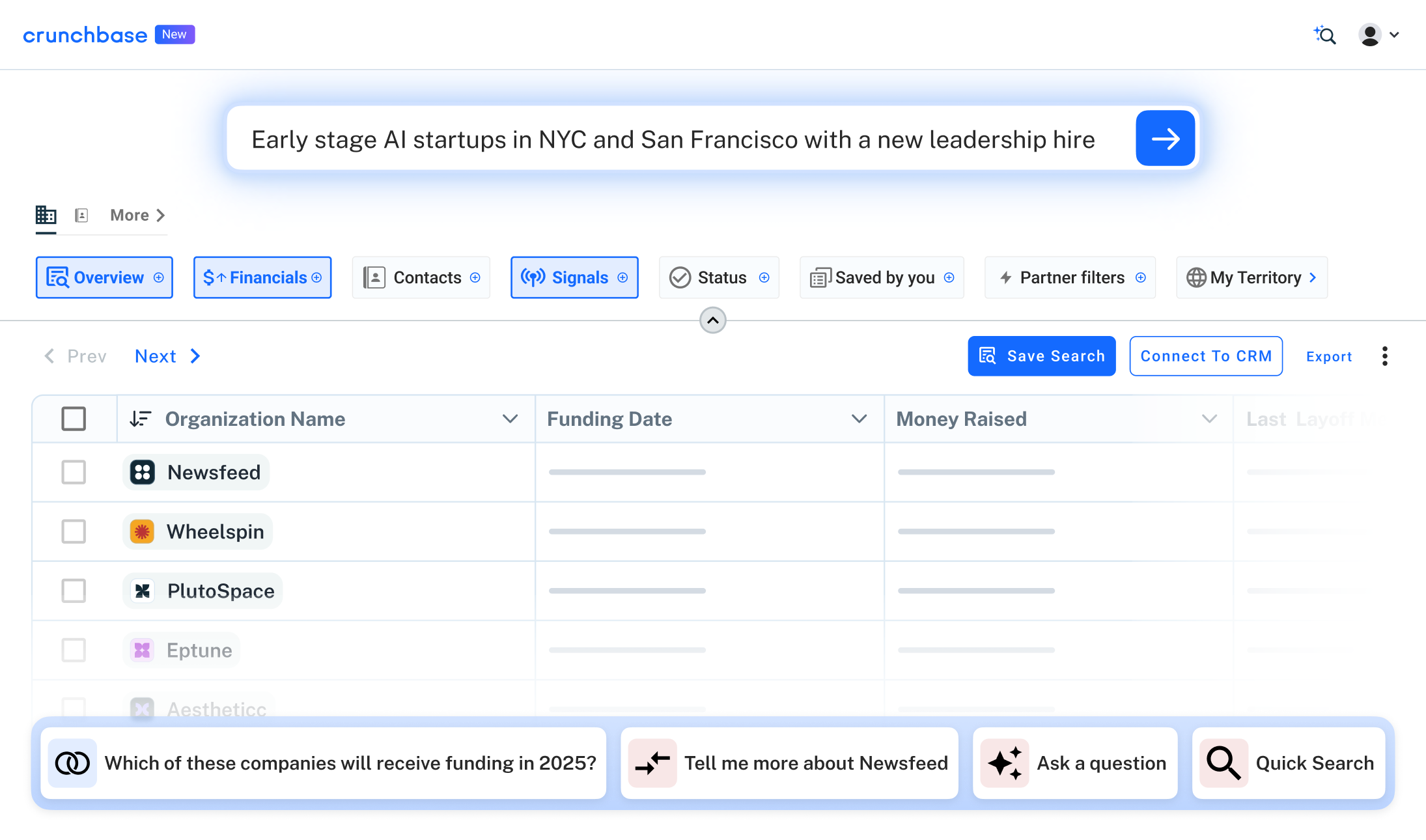Every founder has an origin story. I founded Jordan Digital Marketing in 2017 because I wanted to build a company that I’d want to work for—a vision that came into view the hard way.
Before founding JDM, I worked with a lot of great people. But I also experienced some disheartening issues that are all too common in the corporate world. Ideas credited to higher-ups, relegation to the doghouse due to honest feedback, and a lack of clarity and communication about career progression were all setbacks I struggled to get beyond.
Ultimately, those negative experiences led me to take the leap and build a business that would supplement competitive salaries with a host of other initiatives to attract and retain colleagues. I wanted to build a business that lets people work from wherever they want; asks for, receives and takes action on feedback that makes the company better; and actively works to provide a great, personalized professional experience to every team member.
Now, JDM is a boutique agency in a competitive space. I’m a white male founder in a world full of them. So why do I think I can teach you anything?
First, I know feedback loops and the actions they lead to work; our company’s NPS (Net Promoter Score for employees) rating has gone up every time we’ve taken it.
Second, I founded JDM in 2017 as a remote-first, remote-always company, so we’ve got a three-year head start with best practices on companies that had to pivot to remote work during COVID. In that time, we’ve helped clients go public, get acquired and get over $2 billion of funding.
If you’re still with me, great. Let’s get into specific lessons we’ve learned about remote work and how you can use them to improve your company.
Lesson 1: It doesn’t matter where you work if you’re the right person for the job
We have people working from 13 different states. While we offer unlimited PTO, we also have people who work from the beach, or Europe, or a coworking space if they want a different view. I’ve personally taken months-long trips where I worked from several countries in Central and South America, and haven’t compromised my company’s growth in the process. I think it’s important to set the example that you don’t have to be in one place to be effective.
Lesson 2: Examine your hiring process
Over the years, we’ve seen patterns develop in people who thrive (and struggle) in a remote setting. We’ve refined our hiring process to look for certain attributes in our candidates. We look for self-motivated people who are great at time management and prioritization. We look for folks who don’t need to wait for answers on Slack to roll up their sleeves and find answers themselves. We look for people who thrive on accountability, not micromanagement.
Lesson 3:Flexibility is equitable
We have several military spouses at JDM who know they can build careers here even if they have to move at a moment’s notice, and they’re some of our fastest-rising employees. There are many communities of people who need the flexibility of remote work: working parents, caregivers of elderly parents, or people in rural communities that are hours away from office spaces. (As a new dad, I take comfort knowing my working schedule can flex to accommodate any parenting-related issues that might pop up.) We can access all of those communities and find the absolute best fits for our company, and they can work for a company that fits their lives, rather than the other way around.
Lesson 4: A good tech stack is your friend
We use Zoom, Slack, Asana and HourStack as fundamental tools that enable communication and collaboration. Ideally, your HR team, working with the input of department owners whose teams will live in these platforms, should drive the selection, integration and adoption processes of any tools designed to improve communication.
As much as possible, the tech stack should also support your company’s cultural values—for instance, if you preach accountability and transparency, tracking every initiative in shared Asana boards aligns nicely. Bonus lesson: it’s hard to over-invest time and resources in vetting a new platform; a poor fit means a lot of wasted time and money and will only lead to a search for a better alternative.
Lesson 5: Checking in matters
“Quiet quitting,” the Great Resignation, plummeting retention rates—those can all be mitigated in part by checking in on your team and getting a real gauge on how they’re doing, day to day and over the long haul. We have regular check-ins for new employees with HR and their direct manager specifically to talk about how they’re doing, particularly if they don’t have much experience working remotely.
We also create “alliance agreements” with all of our employees; while we explain what we expect from them, we also want to hear what they want to learn and improve on professionally during their time working with us. Our managers meet with, and truly check in on, their team members at least once a week.
Lesson 6: Culture takes work
Culture and work friendships can happen more organically in an office setting; remote companies don’t have things like Thursday happy hours to enable quick bonds. Intentional ways we work to build culture include weekly All Hands meetings, in which we share team member highlights, meet new hires, exchange funny personal stories and details, and generally bring dimension to the people in front of our webcams. We schedule regular knowledge-sharing sessions to help employees teach each other new skills and techniques. We have a yearly retreat and make it fully optional for everyone—and I’m happy to report the vast majority of our team makes it a priority to attend. We’ve seen great friendships blossom at JDM even though our teammates rarely meet in person.
Lesson 7: A great feedback loop is key to everything
Employee feedback (which we solicit monthly and keep anonymous for psychological safety) has resulted in some of the most popular benefits at JDM. This feedback has surfaced issues before they could snowball. It has given employees a real sense of ownership in the company and its culture. It has helped with retention, career development and consistency across client teams (which is HUGE for successful client relationships). Before you decide to enhance your own solicitations, know this: If you ask for feedback, you must be open to hearing it and ready to act on it.
Lots of these lessons apply to hybrid and in-office companies as much as they do remote ones. Whatever your setup (and of course, you know where I fall on the benefits of remote companies), remember that building a great culture where employees know their opinions matter should always be an active, high-priority initiative.
This article is part of the Crunchbase Community Contributor Series. The author is an expert in their field and we are honored to feature and promote their contribution on the Crunchbase blog.
Please note that the author is not employed by Crunchbase and the opinions expressed in this article do not necessarily reflect official views or opinions of Crunchbase, Inc.
Tyler Jordan is a marketing expert and the founder and CEO of Jordan Digital Marketing, a remote digital agency that focuses on paid acquisition and organic digital marketing. It brings in-house levels of expertise to an agency setting with impeccable service. JDM has 31 total employees and has generated approximately $100 million in sales since the launch of its business five years ago. Prior to launching Jordan Digital Marketing, Jordan was the Head of Search and Display for Hired Inc.—the largest AI-driven marketplace that matches ambitious tech and sales talent with the world’s most innovative companies.
.svg)




.png)
.png)

